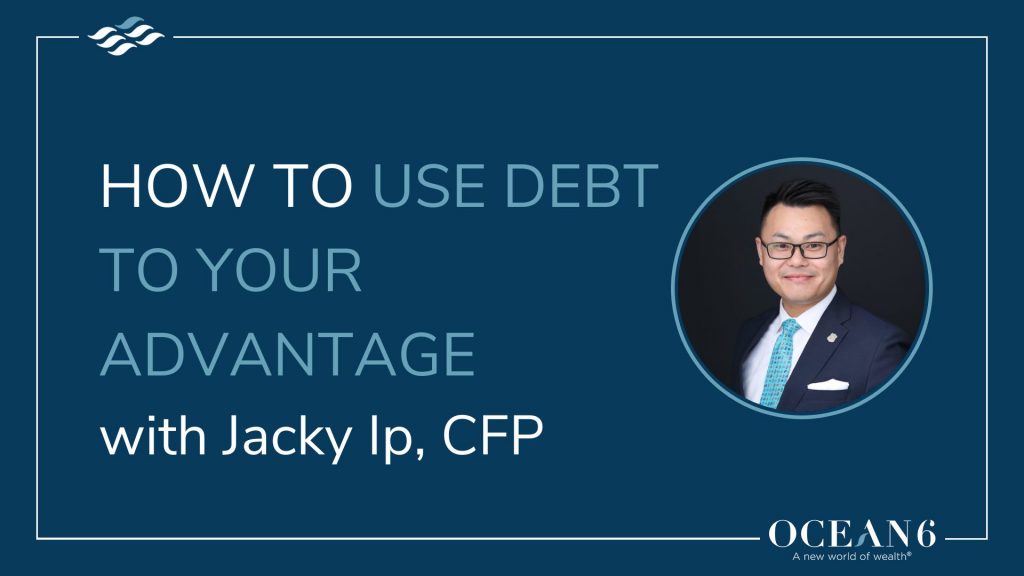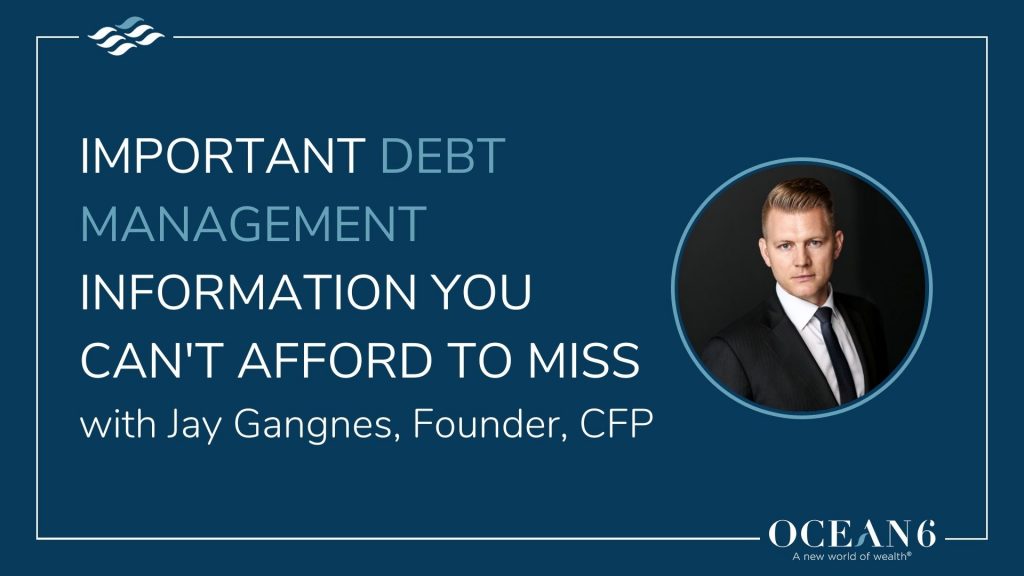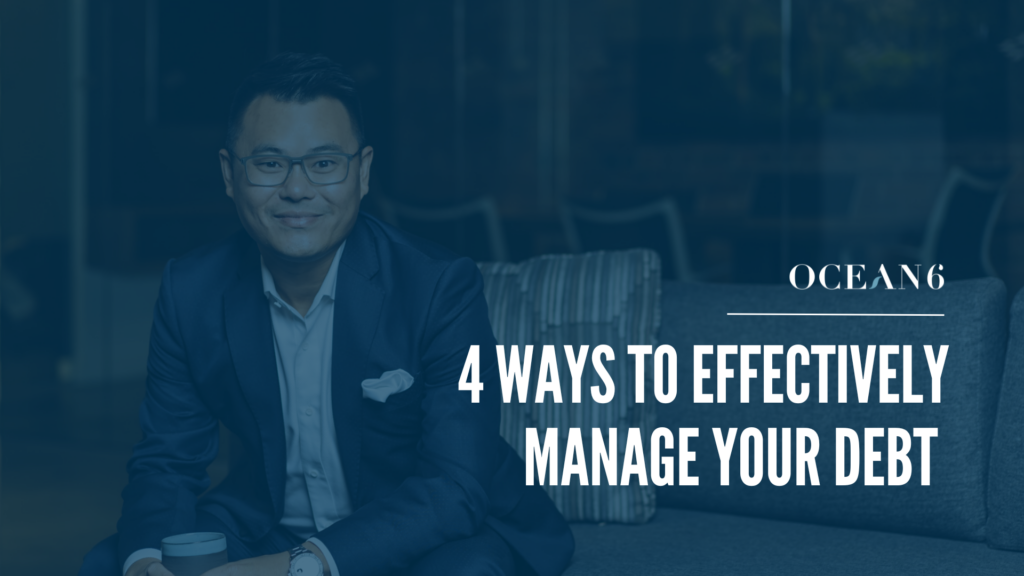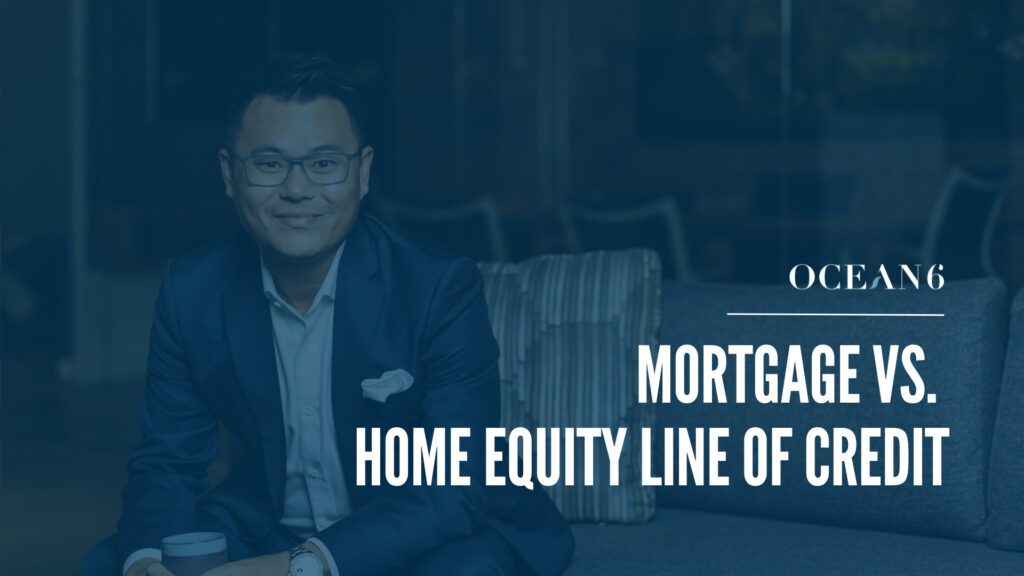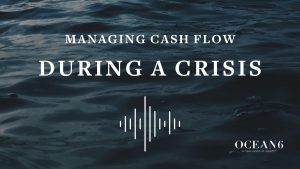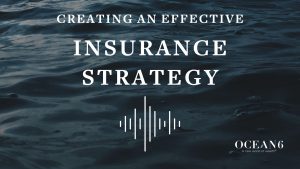When used correctly, debt can be an effective financial planning tool to help reduce taxes and beat the banks.
On this podcast, we tackle some of the burning questions business owners have on structuring their debt effectively.
How should I manage debt?
We always encourage business owners to have a Line of Credit. If you set it up at a time when you don’t need it, it’s always there when you do need it.
Money is cheap right now; rates are the lowest we have seen for a long time. And despite what people tell us, debt is not always bad. If you can get a higher rate of return by injecting money into your business than you’re paying on a loan, take advantage of it.
What happens when we make minimum payments or interest-only payments? How do we get out of debt?
If you’re taking on high-interest rate debt such as credit cards and not even covering the interest, your debt is only going to grow. Try to consolidate your debts together in a low-interest loan like a Line of Credit.
What happens to my debt if I die?
When the executor settles your estate, they’ll do an inventory of all your assets and all your debts. For the estate to settle and pass on money to your beneficiaries, all debts need to be paid. If debts are outstanding, assets will be liquidated to pay for any existing debt.
If there are more debts than assets, this will not be passed on if the debts are not co-signed. If the debt is joint or co-signed, then the co-signer will take responsibility for that debt once you have passed.
Usually, banks will do their due diligence and won’t let you take on debt unless there are assets to back it up.
How do we decide whether to pay down existing debt, such as a mortgage or student loan, or use that money to invest in the market?
If it’s a high-interest rate debt like a credit card, try to get rid of it. But in a lot of cases paying down debt is not necessarily the immediate best option.
If you can use the money to invest in your business or take advantage of the current market, you could come out on top. It comes down to your long-term goals and what life you want to live. Once you’ve aligned your goals with your cash flow, you are better placed to make these decisions.
A lot depends on your personality and ability to handle risk; you must be comfortable with fluctuations along the way. In the short term, you may lose money, but if you allocate it properly over a five to seven-year period, you should see growth. It doesn’t mean you have to invest for seven years; you can take your money if the market grows. You just need to be comfortable with a long-term timeframe.
If you decide to borrow money to invest, make sure you can service the debt even if your investments go down. The market has proven us wrong many times in the last few months. We thought it couldn’t go lower, and it did. We thought it couldn’t recover fast, and it did. We don’t know where the market is going to go. Always take a long-term approach when borrowing to invest.
Real estate also is a leveraged investment strategy. Just because you don’t see the statements every month, you’re taking on debt to buy the property and banking on the value going up. You can’t push a button to get out of real estate, so it’s a significantly different relationship and comfort rate, but you’re still taking on risk.
If I want to invest in real estate should I take money out of my corporation for a bigger down payment or take on more debt so I can leave money in my corporation?
If you can, and with interest rates being as low as they are, it makes the most sense to take on the debt personally.
If you take a down payment from your corporation, you’re writing a cheque to CRA that you’re never going to get back. If you need $500,000 from your corporation to make a down payment, you must withdraw almost double to cover the tax.
Look at the big picture when it comes to tax and not just the lower rate.
Should I take a fixed or variable rate mortgage?
Work out the total cost of all payments over the term of your mortgage.
Most mortgage brokers recommend a variable rate. Typically, when you take out a variable rate mortgage, it is posted much lower than a fixed rate. To make the fixed rate the more cost-effective choice over five years, the Bank of Canada would need to increase prime nine times or more by their usual increase of 0.25%.
People fear that variable-rate mortgages could see interests go up more than this, to 15% and above, but it’s an almost impossible scenario in a five-year timeframe.
Many people don’t know that over 60% of mortgages get broken before the five-year term, and the penalties for withdrawing from a fixed-rate mortgage are about nine times higher than that of a variable mortgage.
Should I get a Line of Credit secured against my home?
We always recommend using a Line of credit to consolidate your debts at a lower interest rate.
The benefit of a Line of Credit is you have the option to only pay interest on the money you use. It’s also more flexible, so you can decide how much you pay down rather than being locked into fixed payments with a traditional mortgage. A hybrid is always the best option.
Access to money is important right now and a much better option than having to refinance, break your mortgage or take money out of your corporation. Take advantage of your equity.
This is the second episode of our new podcast, A New World of Wealth. We launched this podcast to share tips to set business owners in Canada up for success. You can subscribe to Spotify and Apple.
If you’d like to talk through any of these strategies further, book a call, we’d be happy to discuss.
